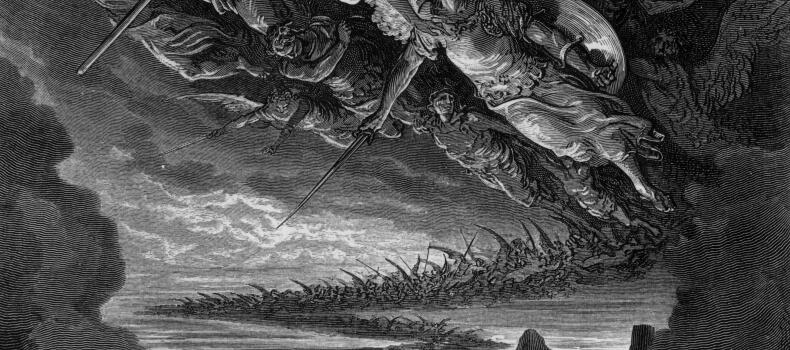Pedro Blas González is a Professor of Philosophy and Contributor Editor of VoegelinView. He is author of several books, the latest being Philosophical Perspective on Cinema (Lexington Books, 2022), Ortega's ‘The Revolt of the Masses’ and the Triumph of the New Man (Algora Publishing, 2007), Unamuno: a Lyrical Essay (Floricanto Press, 2007), Human Existence as Radical Reality: Ortega y Gasset's Philosophy of Subjectivity (Paragon House, 2005) and Fragments: Essays in Subjectivity, Individuality and Autonomy (Algora Publishing, 2005), and the novels, Fantasia: A Novel (2012) and Dreaming in the Cathedral (2010).

